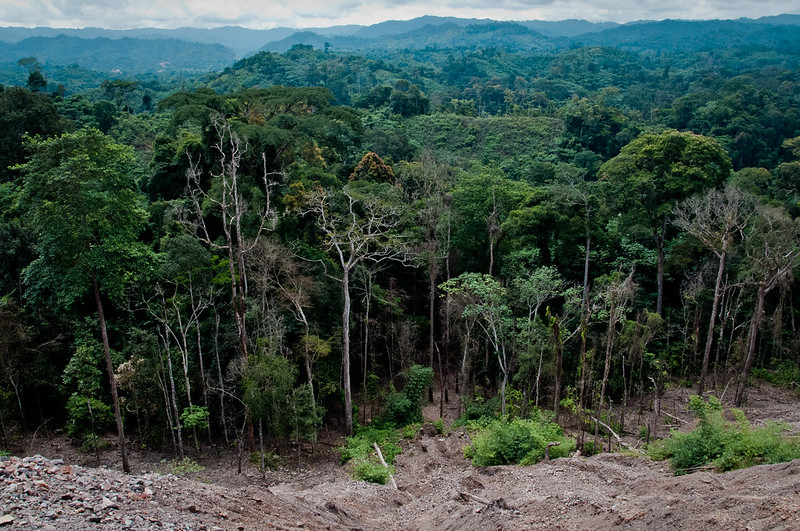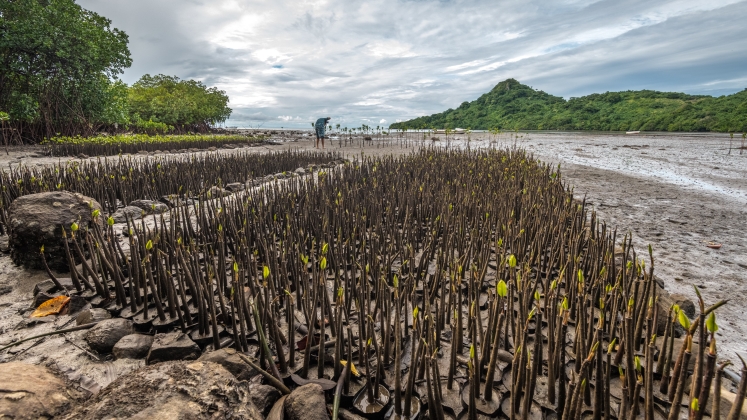MSc Development Studies candidate Antonio Ruggiero examines the universal vs targeted debate around cash transfers. He argues that the increase of events with adverse global impact like climate change related disasters and the COVID-19 pandemic mean we must reconsider the universal approach.
Cash transfers underpin social protection schemes of the twenty-first century welfare. A rapid adoption of such social protection manoeuvres was triggered by the COVID-19 pandemic, which revived heated research attention toward them in the context of developing countries (DCs). Particularly, the universalism vs targeted debate sits at the forefront of this research agenda. Despite the current public “infatuation” with targeted approaches, some regions (eg, Latin America), compelled by pandemic-related upheavals, began to attribute noteworthy universal traits to such targeted polices, such as increasing the poverty cut-off level or eliminating ties attached to income transfers. Inspired by such developments, this article wishes to revisit the universalist-particularist debate surrounding cash transfers for DCs in times featuring the rise of what Taleb described in 2007 as “black swans”: unpredictable future systemic events (e.g., pandemics, climate change catastrophes).
It is widely acknowledged that DCs lack administrative sophistication and capacity, which are regarded as essential conditions of the successful implementation and performance of targeted cash transferring mechanisms. Costs associated with implementing a platform to carry out means-testing as a selectivity mechanism represent another inhibiting factor. Moreover, volatile changes in income levels engendered by erratic pandemic disruptions have rendered the sheer act of “targeting” unnecessarily complicated, regardless, even, of a government’s administrative capabilities and available funds. The growing “out-datedness” of targeted approaches thus resides in the untenably extensive care and precision required to set appropriate levels of cash transfer, with a socially invidious reshuffling of the income distribution often being an unavoidable consequence. In the context of pandemics and climate change, already fragile social tensions between included and excluded groups are likely to intensify further.
The precision imperative warranted by targeted cash transfers seems even more utopian in an informal economy context, where people’s visibility to the state is low. Globally, circa two billion people participate in the informal economy, of whom 95% are in emerging economies, and 80% have been severely threatened by the COVID-19 pandemic. Specifically, as governments do not take account of income for most of the population working in the informal sector, an already “imperfect” targeting is likely to stumble upon inclusion and exclusion errors. While the former refers to giving transfers to underserved categories, the latter is the failure to deliver to deserving individuals due to cracks in the targeting protocol. Furthermore, increasingly frequent exogenous shocks will increase the frequency and intensity of such errors, thus rendering the nature of targeting even more “imperfect”.
Such remarks make the strong case for an unconditional, free from means-testing, cash transferring solution that reaches all individuals in DCs, usually characterized by ease of implementation and low administrative costs. Indeed, irrespective of the beneficiary’s condition in the labour market, income is paid under any circumstances. Therefore, careless of inclusion and exclusion errors, this approach seems more suitable for developing, informal economies, where a large proportion of the population falls into tax-exempt categories. While one might see exogenous shocks as similarly disruptive to universal cash transfer programmes, this article contends that the impact on citizens would be much less acute. This is because if, say, an earthquake disrupts one’s ability to pay taxes, it is the government, and not the citizen, who bears the negative externality. Controlling for other variables, therefore, citizens would be aided financially despite the earthquake. However, the informality of DCs, coupled with the volatility of today’s environment, becomes a noteworthy concern when considering the substantially larger pool of funding required to finance universal cash transfers. Indeed, with a substantial part of the population falling outside the tax net, DCs’ only way to make this programme sustainable would be to “exceptionally” raise taxes for those inside the tax net. Of course, this approach, if not temporary, would be unsustainable, as it could steer severe internal societal conflict.
Funding is thus a key concern regarding the feasibility of universal cash transfers. While universalist social policies require less administrative capabilities than their targeted counterparts, they necessitate much more substantive funding endowments. However, the theoretical repertoire informing fiscal rules suggests desirable tax levels in the context of “normal times”, ignoring the likelihood of uncertain future events. In times of crisis, therefore, long-run fiscal objectives should be coupled with the promotion of short-run equity. “Exceptional” fiscal adjustments that would reduce government borrowing and lead to lower public debts include increases in the marginal income tax rates, tax on wealth ownership above a given high level, and a financial transaction tax on the trading of corporate shares. It would be naïve to consider the application of the first two modifications from a country-specific lens exclusively. This narrow focus is incompatible with increasing interest in international cooperative efforts fuelled by the rise of systemic environmental shocks. Therefore, such initiatives should be considered as preliminary national policies that progressively morph into globally scaled variations. Consequently, distributing the burden of these exceptional fiscal amendments globally would minimize whatever disincentive effects the affected (richer) taxpayers might have, ultimately bolstering the sustainability of the programme.
These speculations may find a path for realization through the possibility of a global taxation system that would fund the “Global Universal Basic Income” (GUBI). While DCs alone would be incapable of financing universal cash transfers, this global social programme could be realistically pursued through collaborative fiscal efforts calling on G20 countries, and involving such globally scaled fiscal remedies as global wealth tax, carbon tax, and Tobin tax. Notably, should global fiscal “supervisors” be concurrently instituted, the sustainability, effectiveness and fairness of its funding sources could be further bolstered, as Tanzi explained in 2016 when he called for a “World Tax Authority”.
The purpose of this article was to revive an almost vanished public interest in universal cash transfers, thus shining light upon the diminishing suitability of targeted approaches for DCs in the face of pandemics and climate change. It might be time for actors in the international development arena to further explore the feasibility of (global) universal cash transfers, and thus reconsider this seemingly unrealistic, monumental social policy aspiration as a practical way forward.
The views expressed in this post are those of the author and in no way reflect those of the International Development LSE blog or the London School of Economics and Political Science.
Image credit: The aftermath of Hurricane Ian in Pinar del Rio, Cuba, September 27, 2022 via REUTERS/Alexandre Meneghini.




